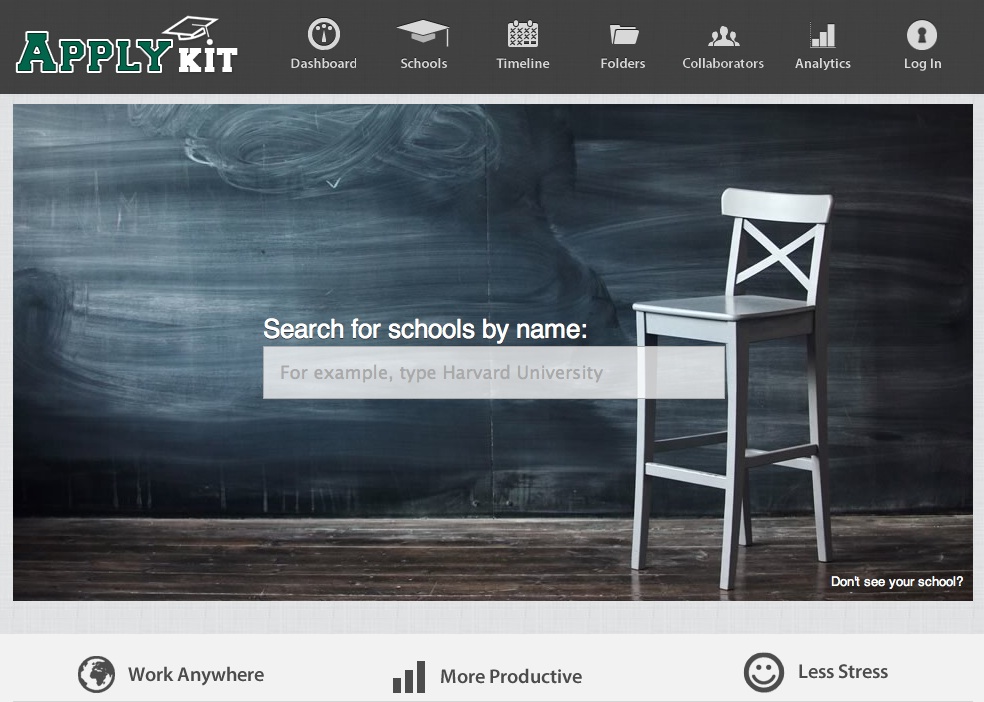 It’s hard to know whether the number of people suffering from chronic pain has increased in the last several years or whether the condition is simply more widely diagnosed than it once was, but it certainly seems that a lot more people are now living with chronic pain, and that number includes some college students. Unfortunately, students leaving home for the first time to live on campus may be ill-equipped to deal with ongoing hardships associated with chronic pain, especially without their lifelong caregivers (mom and dad) on hand to help. But there are ways to manage chronic pain in college.
It’s hard to know whether the number of people suffering from chronic pain has increased in the last several years or whether the condition is simply more widely diagnosed than it once was, but it certainly seems that a lot more people are now living with chronic pain, and that number includes some college students. Unfortunately, students leaving home for the first time to live on campus may be ill-equipped to deal with ongoing hardships associated with chronic pain, especially without their lifelong caregivers (mom and dad) on hand to help. But there are ways to manage chronic pain in college.
So if your student has chronic pain, here are a five management tips that should help.
- Breathing techniques. Although medication is the go-to solution for many people trying to carry on normal lives while living with chronic pain, this might not be the quick fix that students are looking for since some of these pharmaceuticals come with side effects like drowsiness or difficulty concentrating that can make attending class and studying nearly impossible. However, some find that deep breathing and relaxation can help to reduce stress, a major trigger when it comes to sensitivity to chronic pain, as well as decreasing the pain itself. Various meditation techniques can help students to deal with pain and go about their day.
- Exercise. It might be harder for students with chronic pain to get up and go for a jog, hit the gym, or play sports with friends, but the benefits are well worth the effort. Increasing strength and flexibility can lead to reduced pain in some cases, in addition to improving health. But the real benefit for chronic pain sufferers comes from the feel-good endorphins produced by moderate to intense activity. Of course, students should speak to a doctor before beginning an exercise regimen; some types of chronic pain could preclude certain activities.
- Diet. You’ve no doubt heard the old adage “you are what you eat”, and in some ways it’s true. The average college student subsists on a diet of fats, sugars, and carbs (hence the freshman 15) rather than the lean meats, low-fat dairy, whole grains, and fresh fruits and veggies they should be eating. While they can get some nutrients from daily supplements, the truth is that anyone is going to feel better when consuming a healthy and balanced diet. So impress upon your student the importance of eating right while on campus.
- Adequate rest. When we’re tired our minds and bodies are unable to deal with stress and pain as well as when we’re rested. Although most students are prone to burning the midnight oil, either for cram sessions or to hang out with friends, the student that suffers from chronic pain needs to be careful to get eight hours a night, or face the consequences.
- Support group. The worst thing for many students dealing with chronic pain is the fact that they feel different and separate from their peers. So you might want to seek out a pain management center near campus where they can not only receive care when they need it, but where there are also support groups for them to join. Likely they will find other students like themselves with whom to commiserate, share problems and advice, and ultimately befriend.









